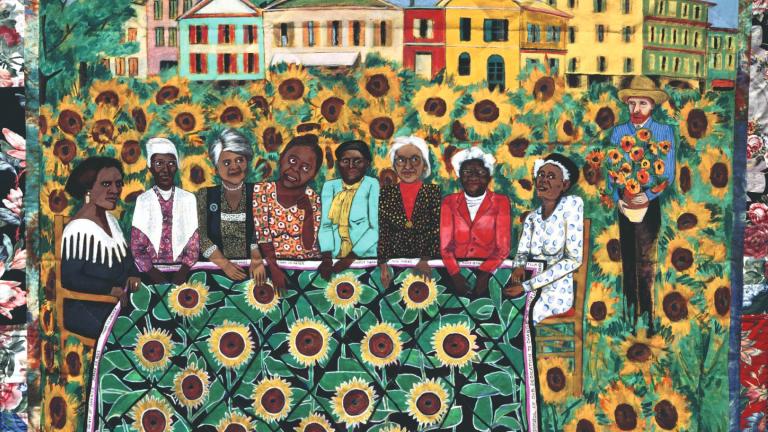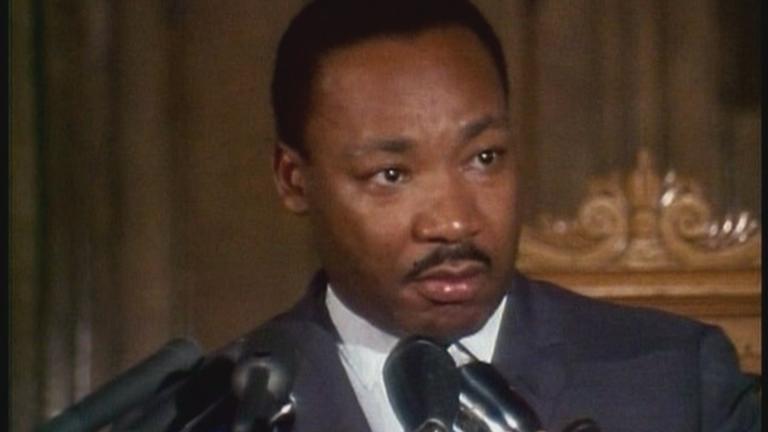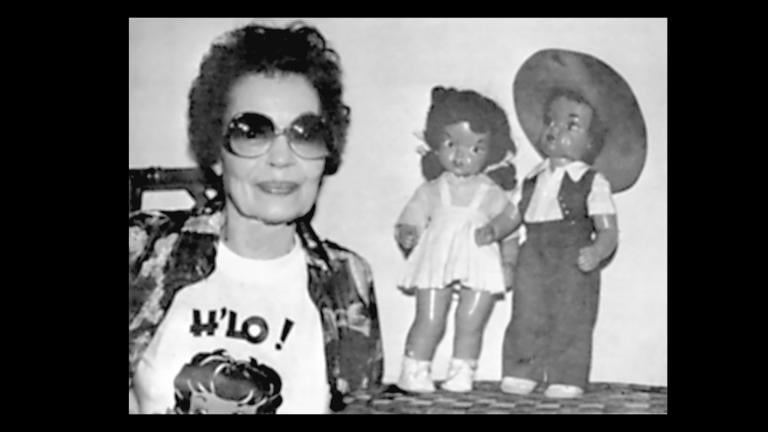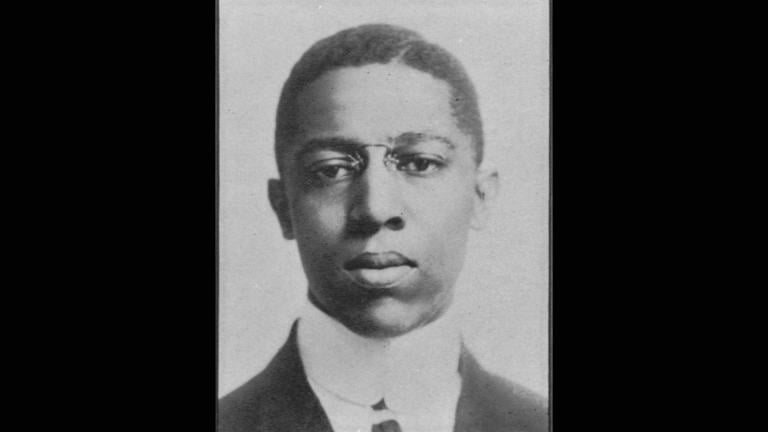Celebrations in Chicago have kicked off for the start of Black History Month, which is marked by this year’s theme, “Black Resistance.”
Members of the Black Heroes Matter Coalition on Wednesday crowned a bust of Jean Baptiste Point DuSable, who is recognized as the first permanent non-indigenous settler of Chicago.
“Black History Month is important to me as an African American, but it’s also important to the world,” said Michael Bennett, associate professor of sociology at DePaul University. “Unfortunately, we look at our mass media, we don’t see a lot of positive things about African Americans, and we need an opportunity to express, to explain the contributions that African Americans have made.”
The origins of Black History Month begin with scholar and educator Carter G. Woodson, who launched “Negro History Week” in 1926, a concept later expanded to the Black History Month that we know today. Woodson is an graduate of the University of Chicago and is the second Black American to earn a Ph.D. from Harvard University.
Woodson in 1915 founded the Association for the Study of Negro Life and History, which is now called the Association for the Study of African American Life and History, the organization that sets the annual theme for Black History Month.
“Black history is of great importance to non-Blacks, those who need to understand and know the contributions that African Americans have made here, oftentimes under great duress,” Bennett said.
Bennett said Black history education has always been challenged one way or the other — whether it be aggressively or passively.
A newly proposed Advanced Placement course on African American studies has recently drawn backlash from officials like Florida Gov. Ron DeSantis, who threatened to ban the course in the state.
“It’s a wakeup call to those who are educators, to those who are interested in the expansion of knowledge about racial and ethnic groups in this country, so we have to confront it head on,” Bennett said.








